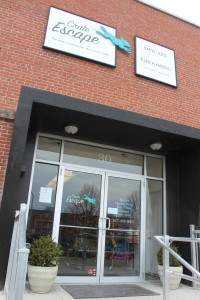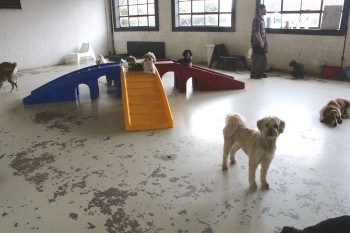Residents could see tobacco and electronic cigarettes join liquor and beer with a 21 year old age restriction on their sale if the Belmont Board of Health approves a proposal at its June meeting, according to the board’s chair.
Answering questions at an informational meeting held at Town Hall Thursday, May 22, the Health Board’s Donna David said the move will be decided at the board’s next meeting in June.
“If we come to a consensus we could vote then,” said David, who added that she did not expect an outcry by raising the minimum age by two years.
“It’s not like we are saying you can’t sell tobacco in town. Now that would bring people out to comment,” she said.
The reasons for increasing the age is straight forward, it will delay the onset of smoking initiation and reduce the chances and opportunities to become addicted to tobacco, which David observed is more difficult to “kick than heroin.”
The new restriction will virtually eliminate any student attending Belmont High from purchasing tobacco products. It will also be the same age as alcohol which will make it easier for store owners and clerks “to do the math” and will also prevent those under 21 from using their “vertical” state driver’s license.
Belmont would join a growing number of communities in Massachusetts and the US if it approves increasing the minimum age for tobacco and other nicotine devices. Currently 17 municipalities have or will impose the higher age level by August, including Lexington (which it has not been enacted) and Arlington.
Nationally, New York City (on May 14) and Hawaiʻi Island of Hawai’i have adopted 21 as the new standard.
Belmont’s Health Board raised its minimum age to 19 in 2010.
According to the latest data from the state’s Department of Public Health, only eight percent of adult Belmontians – approximately 1,868 residents – smoke tobacco, which is about half the statewide rate of 15 percent.
But the rate of illegal sales to minors (at 21 percent) in town is 87 percent higher than in the state at 11 percent.
Yet David said the lacks direct data to prove that the new regulation would be effective in preventing smoking from the young. In addition, the new regulation could put a dent in the financial health of the convenient stores. David said stores still selling tobacco and lottery tickets can make up to $2,000 daily.
Both David and Angela Braun of the Health Department said they are concerned by the chemicals used in the delivery devices that have gained favor with those attempting to quit smoking and it doesn’t omit second-hand smoke.
“They are dangerous. I don’t know the exact chemicals but that is an issue,” said Braun.


